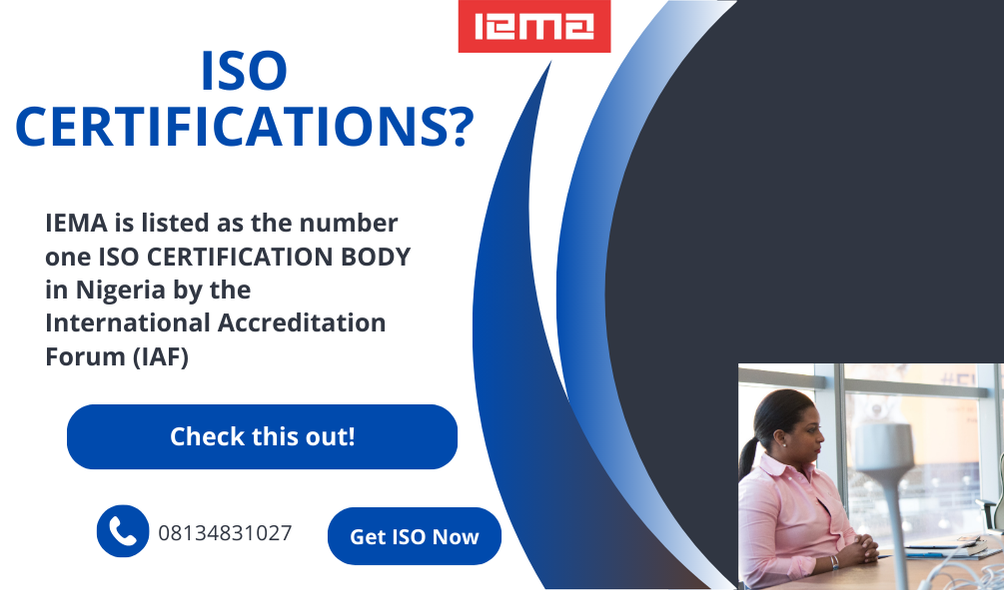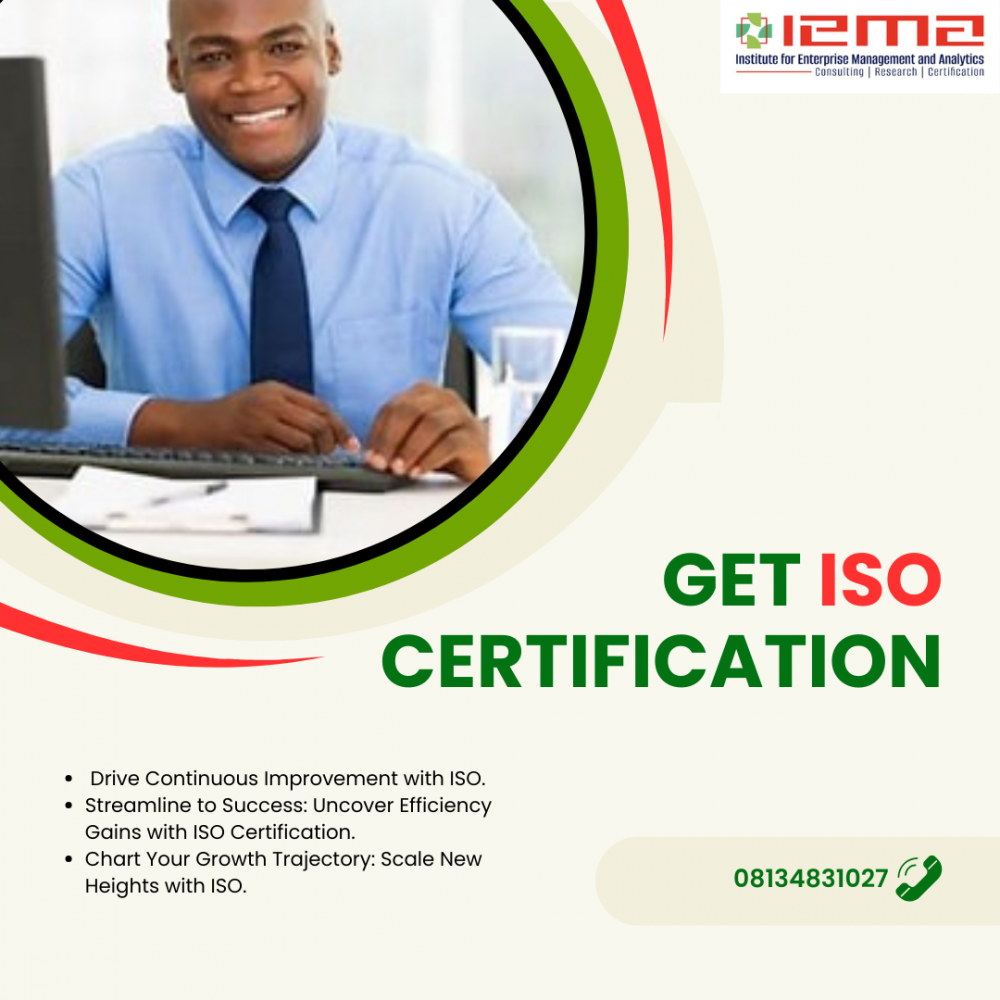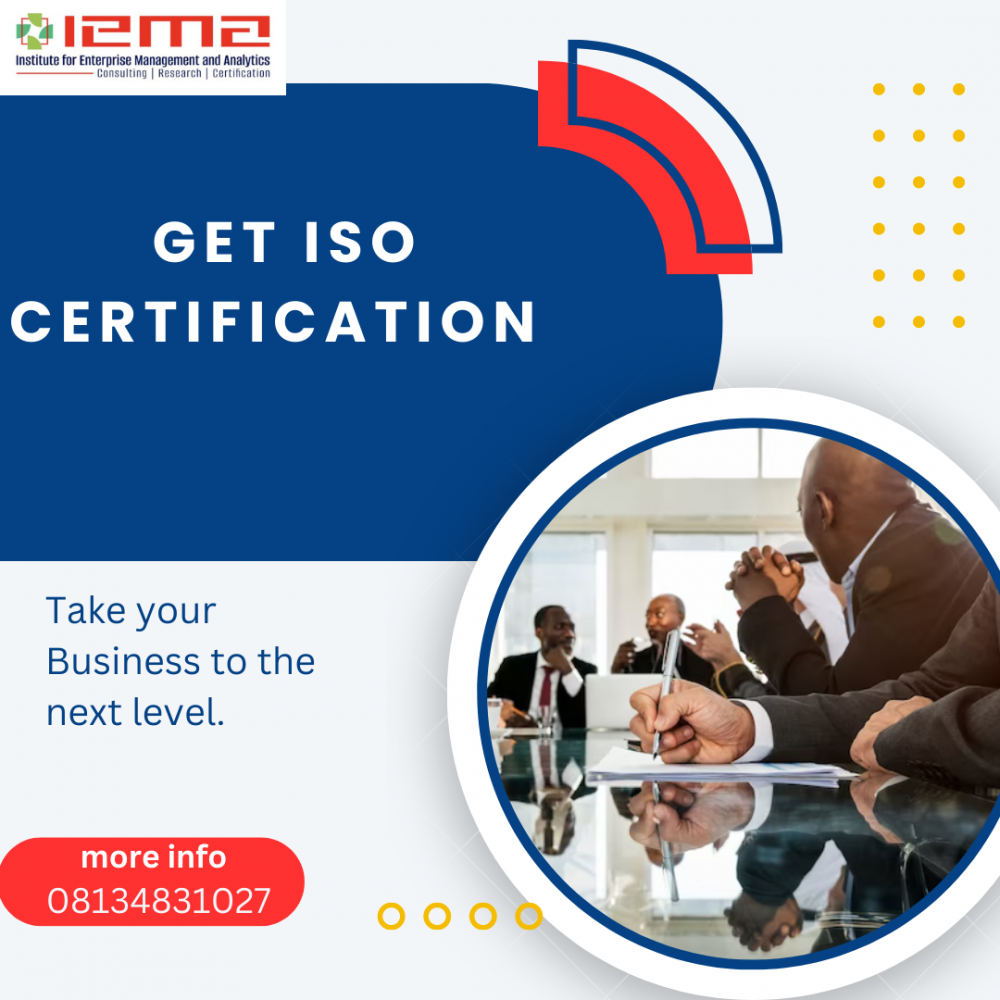Introduction
ISO 9001:2015, the international standard for quality management systems (QMS), is designed to help organizations ensure they meet customer and other stakeholder needs within statutory and regulatory requirements. While often associated with larger corporations, ISO 9001:2015 offers significant advantages for small and medium enterprises (SMEs) as well. This article explores the numerous benefits that SMEs can gain by implementing ISO 9001:2015.
1. Enhanced Quality and Consistency
Standardized Processes: Implementing ISO 9001:2015 helps SMEs establish and maintain standardized processes, ensuring that products and services are consistent in quality. This consistency reduces variability and defects, leading to higher customer satisfaction.
Quality Control: By adopting rigorous quality control measures, SMEs can identify and rectify issues promptly, ensuring that only high-quality products and services reach the customer.
2. Improved Customer Satisfaction
Customer Focus: ISO 9001:2015 emphasizes understanding and meeting customer needs and expectations. By actively seeking and incorporating customer feedback, SMEs can enhance their products and services to better satisfy customers.
Reliable Delivery: Consistent quality and adherence to delivery schedules foster trust and reliability, leading to increased customer satisfaction and loyalty.
3. Operational Efficiency
Streamlined Processes: Implementing ISO 9001:2015 helps SMEs streamline their processes, eliminating waste and inefficiencies. This leads to more efficient operations and cost savings.
Continuous Improvement: The standard encourages a culture of continuous improvement through the Plan-Do-Check-Act (PDCA) cycle, enabling SMEs to consistently enhance their processes and performance.
4. Competitive Advantage
Market Differentiation: ISO 9001:2015 certification is recognized globally as a mark of quality. Achieving this certification can differentiate SMEs from their competitors, enhancing their reputation and credibility in the market.
Access to New Markets: Many industries and markets require ISO 9001:2015 certification as a prerequisite for doing business. By obtaining certification, SMEs can access new markets and customer segments, driving business growth.
5. Risk Management
Identifying and Mitigating Risks: ISO 9001:2015 requires organizations to identify and address risks that could impact product quality and customer satisfaction. This proactive approach to risk management helps SMEs prevent potential issues that could harm their business.
Business Continuity: Effective risk management contributes to business continuity, ensuring that SMEs can consistently deliver products and services even in the face of challenges.
6. Employee Engagement and Development
Training and Competence: ISO 9001:2015 emphasizes the importance of employee competence and training. By investing in employee development, SMEs can ensure their workforce is skilled and capable of maintaining high-quality standards.
Employee Involvement: Engaging employees in the quality management process fosters a culture of quality and accountability. When employees are committed to delivering quality, it translates into better customer service and satisfaction.
7. Enhanced Supplier Relationships
Supplier Performance: ISO 9001:2015 encourages organizations to evaluate and manage supplier performance. By working closely with suppliers and ensuring they meet quality standards, SMEs can enhance their supply chain efficiency and reliability.
Collaborative Partnerships: Building strong, collaborative relationships with suppliers can lead to better terms, improved quality, and more reliable delivery of materials and services.
8. Financial Benefits
Cost Savings: Improved operational efficiency and reduced waste result in cost savings. Additionally, higher quality products and fewer defects mean lower costs associated with rework, returns, and customer complaints.
Increased Revenue: Enhanced customer satisfaction and access to new markets can lead to increased sales and revenue growth for SMEs.
9. Regulatory Compliance
Meeting Regulatory Requirements: ISO 9001:2015 helps SMEs ensure compliance with relevant statutory and regulatory requirements. This reduces the risk of legal issues and penalties, providing peace of mind and enhancing business credibility.
Structured Documentation: The standard’s emphasis on documentation and record-keeping ensures that SMEs have a clear and organized approach to meeting regulatory obligations.
10. Long-Term Sustainability
Building a Resilient Organization: By fostering a culture of quality, continuous improvement, and risk management, ISO 9001:2015 helps SMEs build a resilient organization capable of adapting to changes and sustaining long-term success.
Customer Loyalty: Consistently meeting customer needs and exceeding expectations fosters long-term customer loyalty, ensuring sustained business growth and profitability.
Conclusion
Implementing ISO 9001:2015 offers numerous benefits for small and medium enterprises, from enhanced quality and customer satisfaction to improved operational efficiency and competitive advantage. By adopting this internationally recognized standard, SMEs can build a strong foundation for growth, sustainability, and success in today’s competitive business environment. As SMEs continue to face evolving challenges and opportunities, ISO 9001:2015 provides a valuable framework for achieving excellence and driving continuous improvement.





Leave a Reply